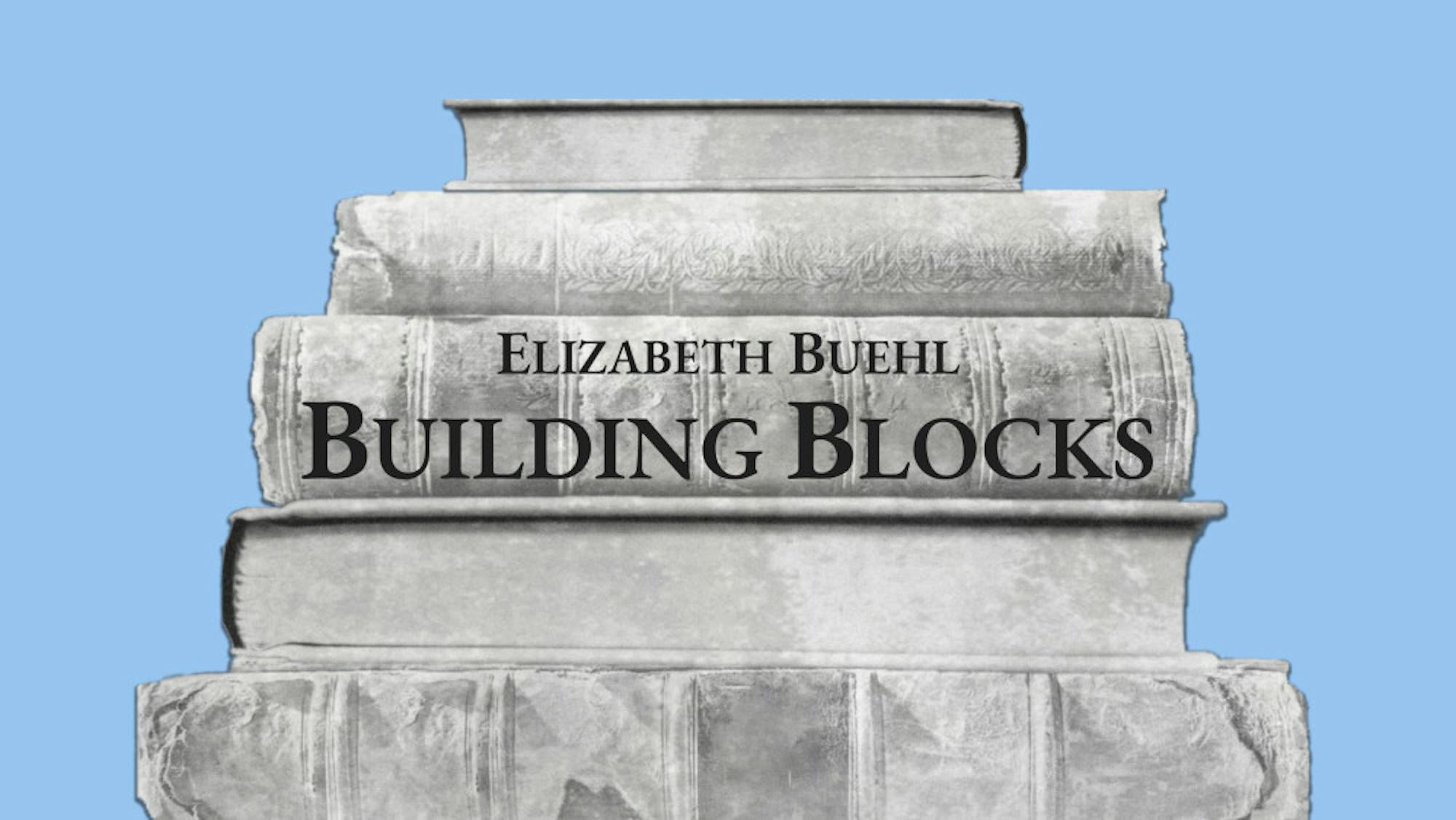Although the constitutionality of this event has been contested many times in the past, in our modern public school system, every morning, students nationwide recite the Pledge of Allegiance.This event is then followed by a school day hallmarked with reading, writing, science, math, recess, P.E., lunch and more. Yet, in today’s political climate, it is time we ask ourselves if this is enough. Are we preparing Americans to engage civically? Can we uphold democracy without understanding its true essence and nuances?
The evidence lies in the numbers. Following the 2020 presidential election, our nation saw extraordinary statistics: About 66% of the voting-eligible population cast their vote. Compared to other democracies, the United States has one of the lowest voter turnout rates. At the root of this low rate: education. Studies show that education and voter turnout are positively correlated,meaning the more educated an individual is, the more likely it is that they will head to the polls on election day.
The cornerstone of our democracy rests on voter turnout. In order to represent the true desires of the American people, we must pull from the largest sample possible. This is simply impossible unless we can increase the number of Americans who are motivated on the basis of political efficacy to share their opinion.
Yet, while increasing voter turnout is important, civic education is essential. Today’s media is riddled with misinformation, and technology bombards the public with an incessant flow of information. According to a 2016 report, only one in four voters were able to name the three branches of government. With this,we must question: Are voters filling out their ballots from an informed stance? Can the public properly digest the resources at hand? In order to accurately represent one’s wants and needs, one must be able to formulate opinions from an analysis of facts. In the words of high school civics teacher Trish Everett, “... Another part of the reason I adore this area of study is that, for a lot of students, this is the first time that someone has ASKED them what they think, instead of just telling them what the right answer is so they can remember it for the test … Being able to respectfully disagree, to disagree without being disagreeable, is a necessary skill for so many situations.”
We are not adequately preparing today's youth to engage civically. An estimated 60% of rural youth and 30% of suburban and urban youth live in areas with few or no opportunities to engage in civic affairs. The only way we can rectify this is through proper civic education.
Civic education must be reformed inside and outside of the school classroom. Not only do we need a nationwide K-12 civic education requirement, but we also need a dynamic curriculum that inspires students to get engaged. It must promote civic thought in all disciplines and empower students from every background. We must provide all students with the platform to develop civically to ensure a prosperous future for our democracy.






